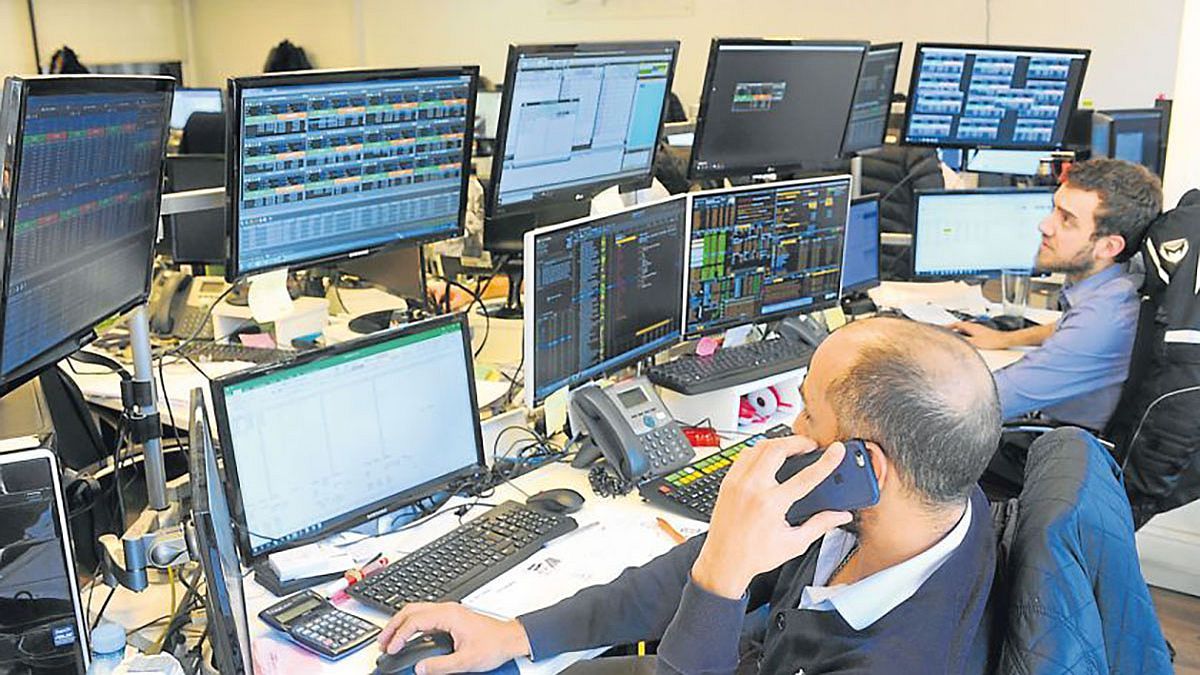The Argentine country risk measured by the JP. Morgan bank rose 0.5% to 2,328 basis points at noon.
Stocks and bonds came from a string of increases due to a better investment climate after the new Economy Minister, Sergio Massa, promised to lower the fiscal deficit, strengthen BCRA reserves, reduce the inflation rate and give a further boost to trade.
“It is essential, in situations like the one Argentina is going through, to lower inflation sharply. Low inflation is a necessary condition for the full stabilization of the economy. However, it is also required that the public and external accounts be stabilized, that the public debt be sustainablesaid the economist Martin Rapetti.
“Lowering inflation does not guarantee growth. It does not guarantee you grow 4% every year. It is a necessary condition, but more tasks related to economic growth have to be done. You have to put the variables in order. Without stabilizing it is impossible, with stabilizing It’s not enough,” he added.
The Ministry of Economy will tender Treasury securities on Monday in order to seek financing for some 89,000 million pesos to face a maturity of ‘Ledes’ bills.
“It is known that the problems continue and that a lot of issues need to be resolved, ranging from the fiscal deficit to the productive matrix. There is much pending and a robust ammunition package is needed, with measures that end up seducing and convincing this market that is just starting to warm up.“said Gonzalo Gaviña from Portfolio Personal Inversiones.
S&P Merval and ADRs
In the stock market round, the leading Merval index lost 2.05%, to 139,848.60 points, after marking a historical maximum level of 143,246.85 units after the first trades. The Merval came from accumulating an improvement of 9% in the week.
For its part, in the exchange market, the interbank peso depreciated 0.20%, to 137.65/137.67 units per dollar in a circuit with liquidity controlled by the central bank.
The shares of Argentine companies listed on Wall Street operate with the majority of declines led by the papers of Cresud (-3.9%), those of Ternium (-3.2%) and those of Globant (-2.8%) .
Source: Ambito
David William is a talented author who has made a name for himself in the world of writing. He is a professional author who writes on a wide range of topics, from general interest to opinion news. David is currently working as a writer at 24 hours worlds where he brings his unique perspective and in-depth research to his articles, making them both informative and engaging.




